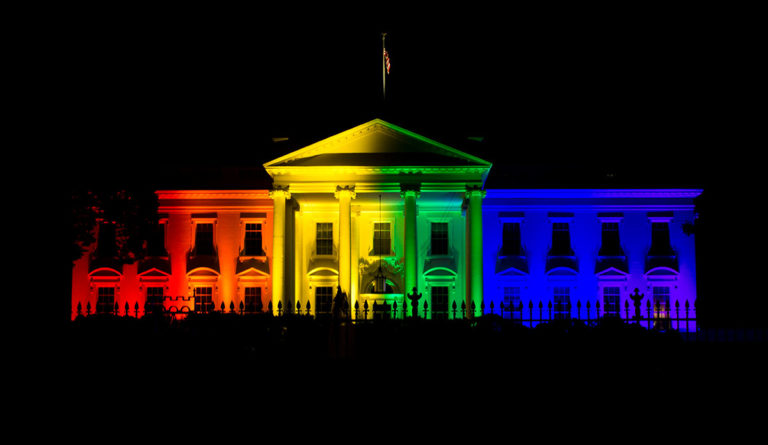Refusal Laws Threaten LGBT Healthcare Access
State laws have been introduced that frame refusal to serve LGBT people and/or same-sex couples as Constitutionally-guaranteed “free exercise” of religion. These bills undermine efforts to improve LGBT access to culturally competent care.

Read Time: 4 minutes
Published:
In recent years, a number of states and Congress have considered legislation that could limit the ability of LGBT people to equally access health care, government services, social services, and even employment. While an anti-LGBT law passed in North Carolina last year received a great deal of media attention, evoking boycotts and electoral change that led to repeal of the law, bills passed last year in Mississippi and Tennessee received less attention, but could be preventing LGBT people from accessing health care services.
The religious right has long framed its opposition to abortion, contraception, and sexual orientation nondiscrimination laws as an expression of religious freedom policy and cultural changes in these areas as a threat to freedom of religion. Since religious conservatives’ U.S. Supreme Court victory in Burwell v. Hobby Lobby Stores, Inc. (2014), and the two pro-same-sex marriage Supreme Court rulings in 2013 and 2015, a slew of state laws have been introduced that frame refusal to serve LGBT people and/or same-sex couples as the Constitutionally-guaranteed “free exercise” of religion.
While many of these bills would allow small business owners—like wedding planners—to refuse to serve same-sex couples, some “religious exemption” bills have targeted healthcare access for LGBT people. These bills threaten to exacerbate existing discrimination in healthcare and undermine efforts to reduce LGBT health disparities and improve access to culturally competent care.
These bills threaten to exacerbate existing discrimination in healthcare and undermine efforts to reduce LGBT health disparities and improve access to culturally competent care.
In 2016 Mississippi passed HB 1523, which would allow the denial of healthcare to same-sex couples, LGBT people, and unmarried heterosexuals. Individuals, including health care providers, can refuse service based on their personal belief that “marriage is or should be recognized as the union of one man and one woman; sexual relations are properly reserved to such a marriage; and male (man) or female (women) refer to an individual’s immutable biological sex as objectively determined by anatomy and genetics at time of birth.” A federal judge struck down the law as unconstitutional on the eve of its taking effect. This ruling is currently under appeal.
Also in 2016 Tennessee passed HB 1840, which allows therapists and counselors to reject any patient who has “goals, outcomes or behaviors” that would violate the “sincerely held principles” of the provider. This is of particular concern because LGBT people experience a disproportionate burden of mental health and substance use issues, and struggle to access culturally competent, affirming behavioral healthcare. The Florida legislature recently considered a bill that would have allowed healthcare facilities and providers to refuse service to LGBT people and refuse contraception to women based on “religious or moral convictions or policies.”
The First Amendment Defense Act, a bill expected to be introduced during the 115th Congress, would also enable anti-LGBT discrimination in health care. As introduced in the last session, the bill would prohibit the federal government from taking “discriminatory action” against individuals or businesses “on the basis that such person believes or acts in accordance with a religious belief or moral conviction that: (1) marriage is or should be recognized as the union of one man and one woman, or (2) sexual relations are properly reserved to such a marriage.” The bill has the support of President Trump, Vice President Pence, Attorney General Sessions, and the Republican Party.
Unlike other free exercise laws—such as the Religious Freedom Restoration Act of 1993, which protected American Indians’ right to ritually use peyote—these “religious exemption” laws cause real harm to third parties. As NeJaime and Siegel point out, these laws inflict both material harm and dignitary harm—harms that exacerbate stigma and reduce social status—on other citizens. Religious freedom doesn’t include the freedom to discriminate and cause harm to others by denying basic services we all need to live—including health care. We should all oppose laws that enable and authorize discrimination in healthcare against LGBT people.
Feature image: David Sunshine, The Pride House, White house, pride, 1600 pennsylvania ave/used under CC BY 2.0



